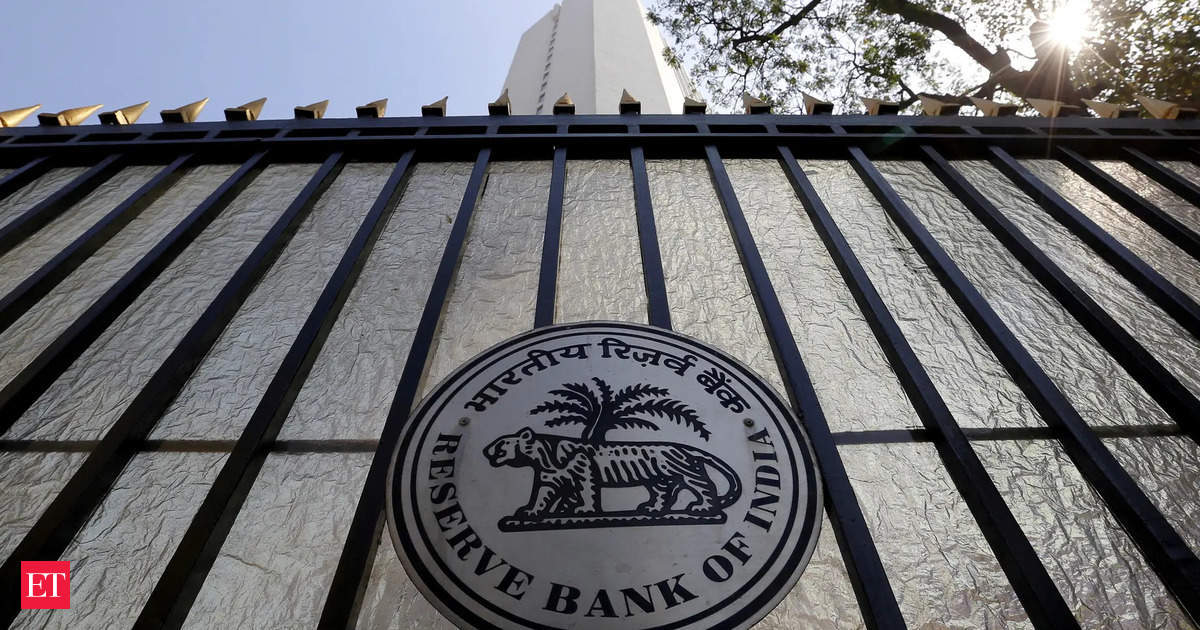Faced with criticism from both lenders and the Ministry of Finance, the central bank The government is acting cautiously to ensure that the new rules do not trigger a cost escalation that would make projects unviable. However, it is determined to increase provisions for such projects and implement them across all regulated entities to cover emerging risks in a sector known for its delays.
“For now, the idea is to implement these norms slowly, staggering the provisions, so that the profit margins of lenders are not affected to a large extent. Sufficient time will be given to project finance lenders and due precautions will be taken to ensure that project financing is not affected,” said a person with direct knowledge of the RBI’s approach. To be sure, the draft guidelines released in May said that all regulated entities should make provisions of 5% in a phased manner when a project is in the construction phase.
Big increase
A three-year path to achieve this has been proposed — 2% in fiscal 2025, 3.5% in fiscal 2026 and 5% by 2027. It substantially increases provisions from the current 0.4% standard asset provisions on project loans. The central bank’s idea is to either delay the start of these provisions by a year or increase the number of years to make the full provision. However, that decision is yet to be taken, the person cited above said. “For projects that are a few months away from being operational, some waiver sought on a case-to-case basis may be allowed,” this person said. An RBI spokesperson did not respond to an email seeking comment. The draft norms say that for projects where the date of commencement of commercial operations (DCCO) is cumulatively deferred by more than two years and one year for infrastructure and non-infrastructure projects, respectively, lenders will maintain additional specific provisions of 2.5% above the applicable standard asset provision.
However, lenders are more concerned about rules stating that provisions will have to be made retrospectively even on projects for which the loan was granted earlier. Apart from banks, infrastructure finance companies such as Power Finance Corp and Rural Electrification Corp, which together have amassed more than Rs 15 trillion in loans, are likely to be the worst hit.
“Phased implementation is good, but increased provisions will ultimately impact profitability and make financing these projects unviable. This is in complete contrast to the government’s initiative on infrastructure,” said a senior bank official.
Financial executives said the strong reaction from lenders and the finance ministry has prompted the RBI to rethink the situation. “The government has asked a lot of questions over the last few months. The main point is that the RBI guidelines make no distinction between a hybrid annuity model (HAM) and a tolling model or even a solar project. The risks for all three are different. The probability of default that the RBI has calculated is also high, which means solar projects that rely on debt financing, for example, are bound to feel the pressure,” said another financial sector executive.
Unlike a toll road maintained by the private sector, a HAM project involves the involvement of the National Highways Authority of India (NHAI), which substantially reduces its risk. Moreover, solar power is a major part of the government’s infrastructure plan that envisages a total investment of over Rs 11 lakh crore for this fiscal year. Financial executives said discouraging borrowing for infrastructure will have a direct impact on the government’s 7% economic growth target for this fiscal year.
Disclaimer:
The information contained in this post is for general information purposes only. We make no representations or warranties of any kind, express or implied, about the completeness, accuracy, reliability, suitability or availability with respect to the website or the information, products, services, or related graphics contained on the post for any purpose.
We respect the intellectual property rights of content creators. If you are the owner of any material featured on our website and have concerns about its use, please contact us. We are committed to addressing any copyright issues promptly and will remove any material within 2 days of receiving a request from the rightful owner.

